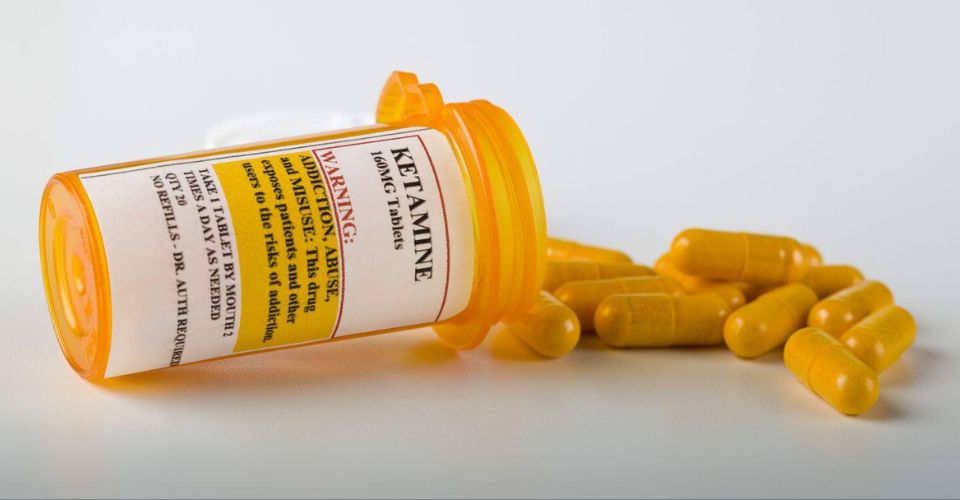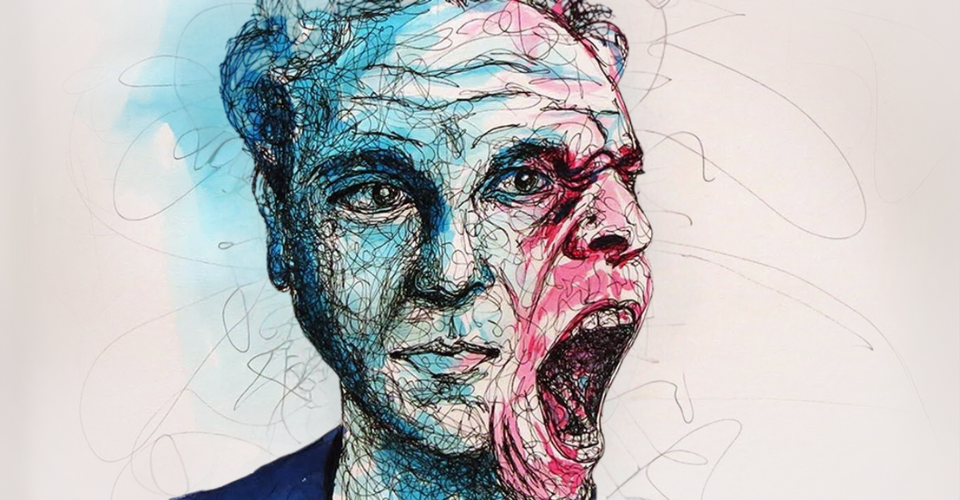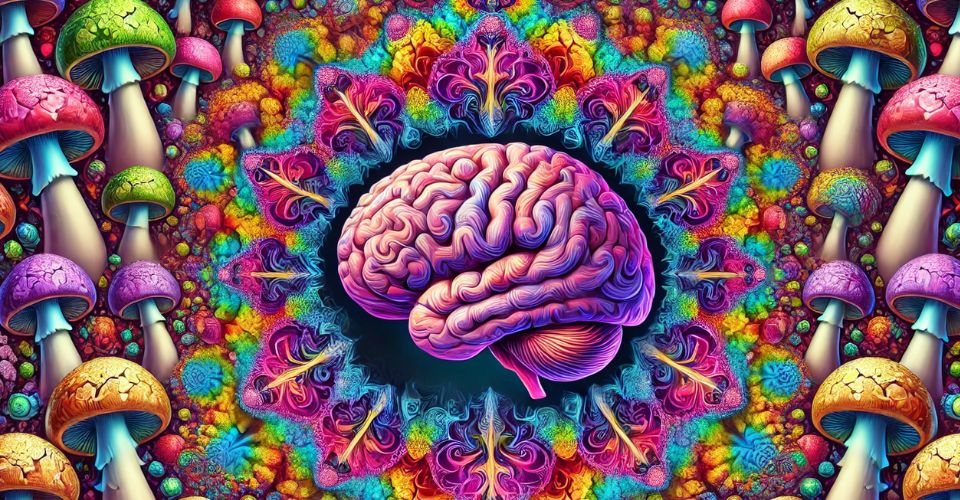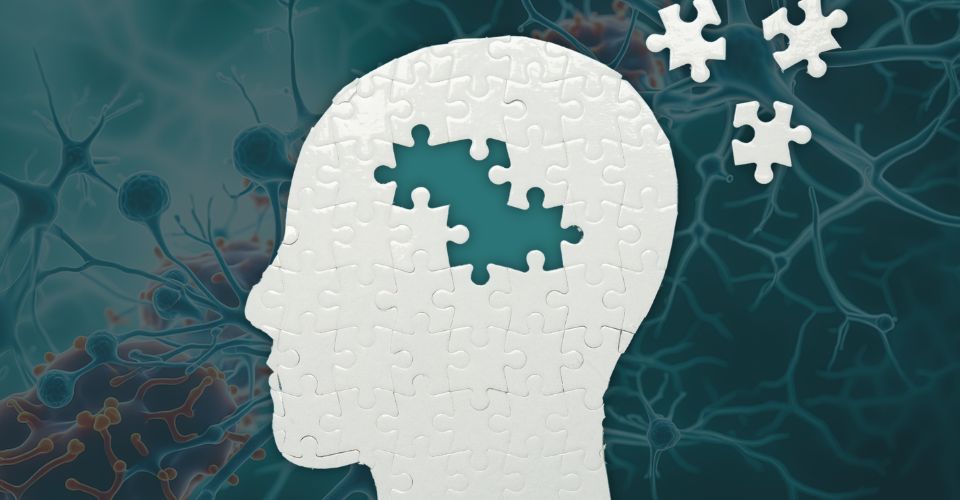The University Academy at the Huntsman Mental Health Institute is a good sign for students who need mental health care and education together.
Sophia Couzins is a great example of how innovative approaches can change someone’s life.
Sophia with her Goldendoodle, Winnie found comfort in the caring environment created by Huntsman Mental Health Institute.
According to Sophia, her troubled adolescence began at age 13 when she had to move from one school to another, making her anxiety even worse.
The burden of depression was heavy on her ability to concentrate in classroom leading into poor academic performance.
As she narrated her story about what happened later on in life, she had enough courage to confide in one of the school counselors, thus ending up getting help from Teen Scope.
Additionally, Crisjon Solano mentioned that University Academy classrooms are hardly seen among accredited schools across the country.
The Academy is a private K-12 educational institution that serves children attending three-day treatment programs and youth residential programs at Huntsman Mental Health Institute.
The approach taken by this academy is such that it requires teachers, treatment teams and parents to closely cooperate thereby serving each student individually as they are.
Initially, Sophia struggled with adaptation into the University Academy classroom before finding empathy and patience.
Accepting that a lot of students come unmotivated and full of learning problems, Crisjon Solano opined that his institution started slowly and allowed new students adjust at their own pace.
With the support of Solano, Sophia gradually returned herself back to class while discovering her passion for art therapy which was an avenue for personal expression amidst chaos.
This calls for partnership between regular schools or districts where students were initially enrolled before joining the academy.
Continuous communication is central to an all-round assessment of their academic achievements as well as interpersonal skills throughout their recovery process within traditional schooling systems.
Like U.S Centers for Disease Control and Prevention statistics do suggest about mental health crises among children including data from Clarify Health, there is a need to act urgently.
University Academy’s existence is supported by alarming rates of mental health-related hospitalizations and suicide attempts, highlighting the role of school environments in facilitating children’s recovery.
Utah School Mental Health Collaborative (USMHC) is working towards creating fully functioning systems that would ensure smooth transition from hospitals to home schools.
The collaborative led by Fischer insists on better communication between all parties concerned, as well as comprehensive solutions that can assist schools in bringing back such pupils.
As a result, parents are mainly worried about ensuring their successful reentry into education for their kids.
Fischer insists that such schools should have customized programs aimed at assisting learners from mental health focused programs.
Sophia Couzins’ journey after University Academy is a testament to the effectiveness of the program.
She has received her GED and gone on to Salt Lake Community College. She perseveres through her studies supported by Winnie, aiming for excellence and dreaming of becoming an EMT—something she thought was impossible in the past.
Her dedication and accomplishments show how life-changing it can be when mental health support is combined with education.
The impacts of Huntsman Mental Health Institute and programs like University Academy extend beyond their immediate environments thus providing hope and resources for families including those living in remote areas.
Collaboration between mental health and substance use disorder centers in Utah like the thirteen Local Mental Health and Substance Use Authorities provides therapy services, support groups, youth treatment, among others.
To conclude, the symbiotic relationship between mental health support systems and education as exemplified by University Academy remains a key model to nurturing and empowering students amidst such mental health debacle.
It points out that it need not be this way where education and mental health support are intertwined.
Utah School Mental Health Collaborative supports regions all over Utah serving as a useful starting point for families needing help with resources, underpinning the fact that lifting up future generations requires collective efforts.




























